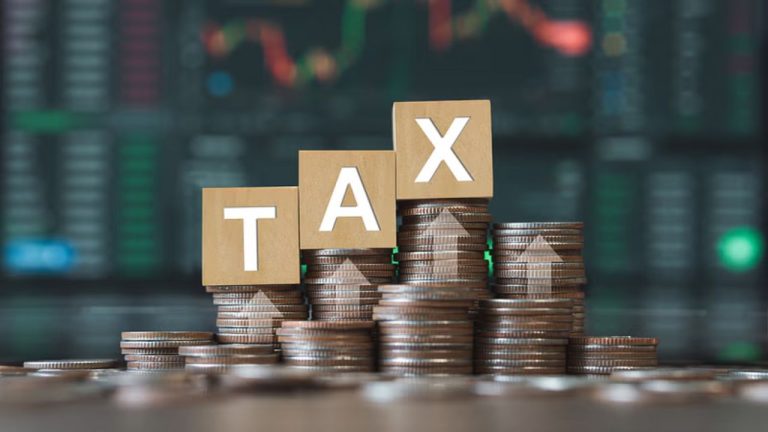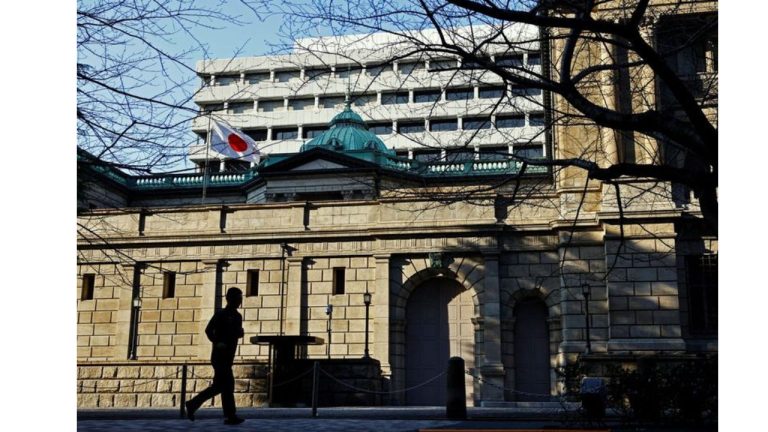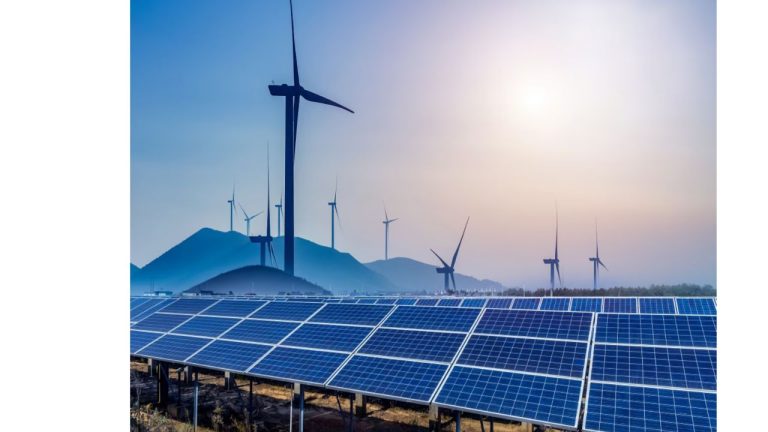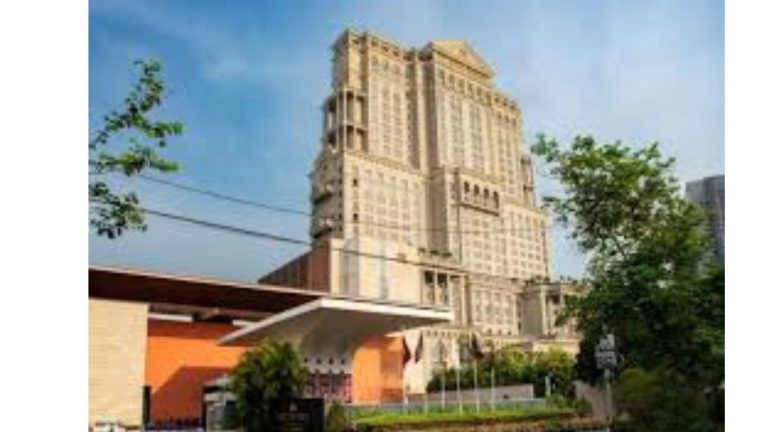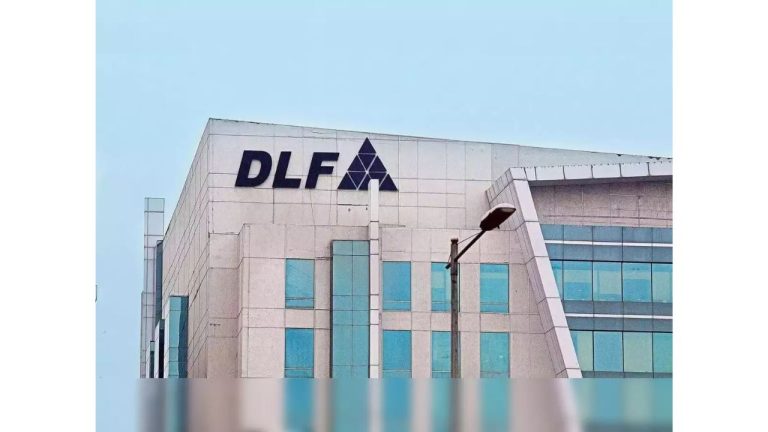Stocks in Auto and Pharma Drop Up To 6% Over Three Sessions Due to US Tariff Fears
These companies had a 3% decline in early Friday trading, while the Nifty Auto and Nifty Pharma indexes saw 0.9% and 0.7%, respectively. Ahead of the April 2 deadline, when US President Donald Trump’s tariffs are scheduled to go into force, investors in the pharmaceutical and car industries are nervous. The performance of these stocks, which fell on Thursday for the third straight session, reflects this.
These companies had a 3% decline in early Friday trading, while the Nifty Auto and Nifty Pharma indexes saw 0.9% and 0.7%, respectively. Even though some equities have been down 6% in the last three sessions, market analysts think the panic is exaggerated since they are still optimistic about both sectors’ long-term prospects.
Although the market had expected tariff increases, the attitude changed on Wednesday after Trump announced a 25% duty on cars shipped to the US. Later, a White House official confirmed that a 25% tariff would be added to the current 25% charge on light vehicles and that it would apply to car and auto parts firms in addition to other tariffs and levies. Tax breaks for American businesses are intended to be implemented using the tariffs’ proceeds. This uncertainty has also impacted the pharmaceutical industry.
The Nifty Auto index has been down 2% over the past three days, with Tata Motors experiencing the most decline of its peers, a sharp 6%. Experts say the tariff hike may uniquely affect Jaguar Land Rover (JLR).
Sona BLW Precision Forgings fell more than 8% over the last four sessions, while Samvardhana Motherson International, which operates in North and South America and Europe, was down 1.6%.
The decreases ranged from 3.5% to 0.7% for other automakers, including Bharat Forge, Tube Investments of India, Balkrishna Industries, Ashok Leyland, Bajaj Auto, Maruti Suzuki India, Exide Industries, Mahindra & Mahindra, Eicher Motors, and MRF.
Technically speaking, the Nifty Auto index is trying to recover from oversold levels and has found support at the 100-week moving average (WMA) of 20,530. According to technical indicators, there is a nearly 11% chance that the index will rise to 23,900. The index’s interim resistance represents the index’s interim resistance, which is 21,940, 22,080, 22,550, 22,650, and 23,070.
Regarding pharmaceuticals, the Nifty Pharma index had a 2.3% decline, with 17 of the index’s 20 stocks seeing a 5% decline. Aurobindo Pharma, Zydus Lifesciences, Sun Pharmaceuticals, Cipla, Alkem Laboratories, Abbott India, Torrent Pharmaceuticals, Biocon, Natco Pharma, Laurus Labs, Divi’s Laboratories, Dr. Reddy’s Laboratories, Ajanta Pharma, Lupin, Granules India, Dr. Reddy’s Laboratories, and Gland Pharma were among the underperforming companies.
The market turbulence was further exacerbated by developments related to the company. Due to increasing losses, Ashok Leyland, for example, announced intentions to stop production at Switch Mobility, its UK electric bus business. According to an exchange filing, one of its proprietors, Hinduja Automotive, also pledged about 30% of its shares, which are valued at over Rs 6,400 crore.
Following a block deal, JB Chemicals saw significant Purchasing pressure. The Nifty has increased by about 7% this month (till Thursday), whereas the Nifty Auto index has barely moved, rising by less than 1%. Despite 5.3% gains, the Nifty Pharma index still underperformed the overall market.
InCred’s Pestates:
A recent report, InCred, states that Trump’s tariff war will likely affect India significantly. India can now benefit from the World Trade Organization’s (WTO) significant marginalization by the United States. India and the US have a $28–30 billion trade surplus.
Even if Indian businesses operating in the US face tariff concerns, indigenous manufacturers are nevertheless concerned about Tesla’s entrance into the Indian market. After Tesla revealed its intentions to join the Indian market, auto stocks saw a precipitous drop.
“Tesla may be able to enter India with zero tariffs, but the strength of its distribution network and charging infrastructure may determine how well it does,” InCred pointed out. After making strategic compromises, India may impose more stringent trade restrictions on China.
Despite difficulties for EV players, domestic-focused businesses will likely do well, according to Mayuresh Joshi, Head of Equity at Marketsmith India. According to him, there may be a slowdown in the worldwide adoption of EVs, and key EV platforms like JLR, VW, Mercedes, and BMW may have financial limitations that affect their balance sheets due to their R&D investments.
A market analyst, Sandip Sabharwal, believes domestic pharmaceutical producers may see short-term problems if tariffs are implemented. H he contends that any adverse impacts would likely be temporary and that the cost burden would likely be passed on to customers.
Similarly, Emkay thinks that industries, including electronics, pharmaceuticals, and automobiles, are in a stronger position than anticipated despite worries that reciprocal tariffs might significantly affect India.
Nifty Auto Technical Outlook:
The Nifty Auto index displays erratic movements over a range of periods. If the index maintains above 20,860 levels, with immediate support at 21,100 levels, it is anticipated to trade with a bullish bias shortly. Long-term charts indicate that as long as the index maintains above 20,280 levels, the general view will remain cautiously hopeful.


